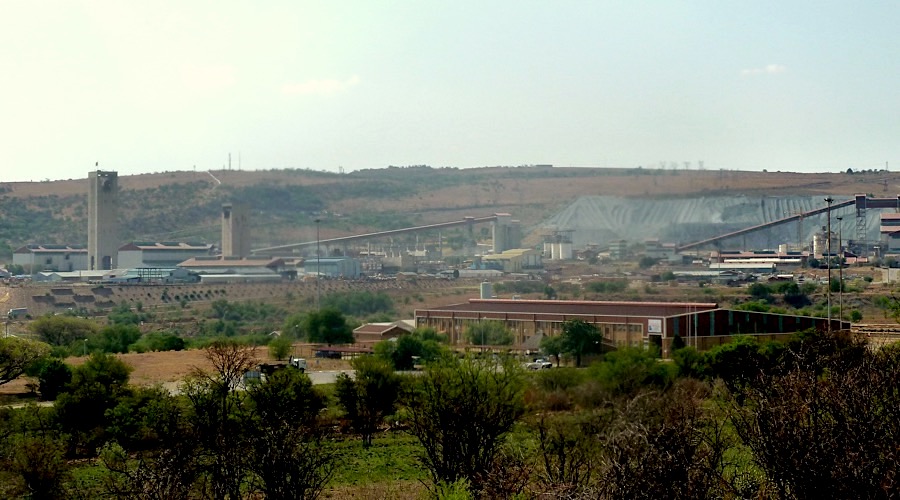Sibanye-Stillwater doubts it will become owner of world’s deepest gold mine

South Africa’s miner Sibanye-Stillwater (NYSE: SBGL), which has made an offer for AngloGold Ashanti’s Mponeng, the world’s deepest gold mine, said on Thursday it doubted its bid would succeed.
AngloGold (AULGF) is selling the asset, its last operation in South Africa, as it pursues higher returns elsewhere. Precious-metals miner Sibanye-Stillwater has expressed interest, as has Harmony Gold (NYSE: HMY) .
“I think our offer is a fair offer on the way we value those assets and it’s up to AngloGold. We will not be sorry if we don’t get it,” Chief Executive Neal Froneman told Reuters in an interview on the sidelines of industry conference, Investing in African Mining Indaba, in Cape Town.
“I think our offer is a fair offer on the way we value those assets and it’s up to AngloGold. We will not be sorry if we don’t get it”
Sibanye-Stillwater chief executive Neal Froneman
He did not give detail on the offer or explain why he did not expect it to be the winning bid.
The mine, near Johannesburg, is very substantial, but also very difficult to mine because of its depth that extends around 4 kilometres (2.5 miles) below the surface. Sibanye-Stillwater has operations nearby that could make a tie-up viable.
As well as its gold and platinum group metals (PGM) business in South Africa, Sibanye has spread its risk by acquiring PGM operations in the United States.
It is not considering further acquisitions beyond Mponeng in its home market of South Africa.
“We need a smaller proportion of South African assets,” Froneman said.
“South Africa remains a basket case. The numbers in South Africa speak for themselves. Economic growth is low, there is a lack of investment and there won’t be investment unless some of the issues are sorted out.”
He saw some positive signs, including government measures to allow miners to produce their own power to deal with electricity cuts by state-owned power utility Eskom that have halted mining operations and impeded economic growth.
Beyond South Africa, Sibanye is seeking to expand into battery metals and is waiting for guidance on the best options from the research firm SFA (Oxford), which it bought in 2019.
Froneman said he expected to decide on the minerals it would be interested in buying by the middle of the year.
“It’s complementary to the PGM business. Battery electric vehicles are going to be a significant portion of the global carpark of the future,” he said.
Froneman said Sibanye would need to deleverage its balance sheet before buying more assets, but that a higher PGM basket price meant its debt had shrunk more quickly than previously expected.
Following any acquisitions, Sibanye will consider moving its primary listing from South Africa and is considering New York, Toronto and London, Froneman said.
(By Tanisha Heiberg; Editing by Barbara Lewis)
{{ commodity.name }}
{{ post.title }}
{{ post.date }}




Comments